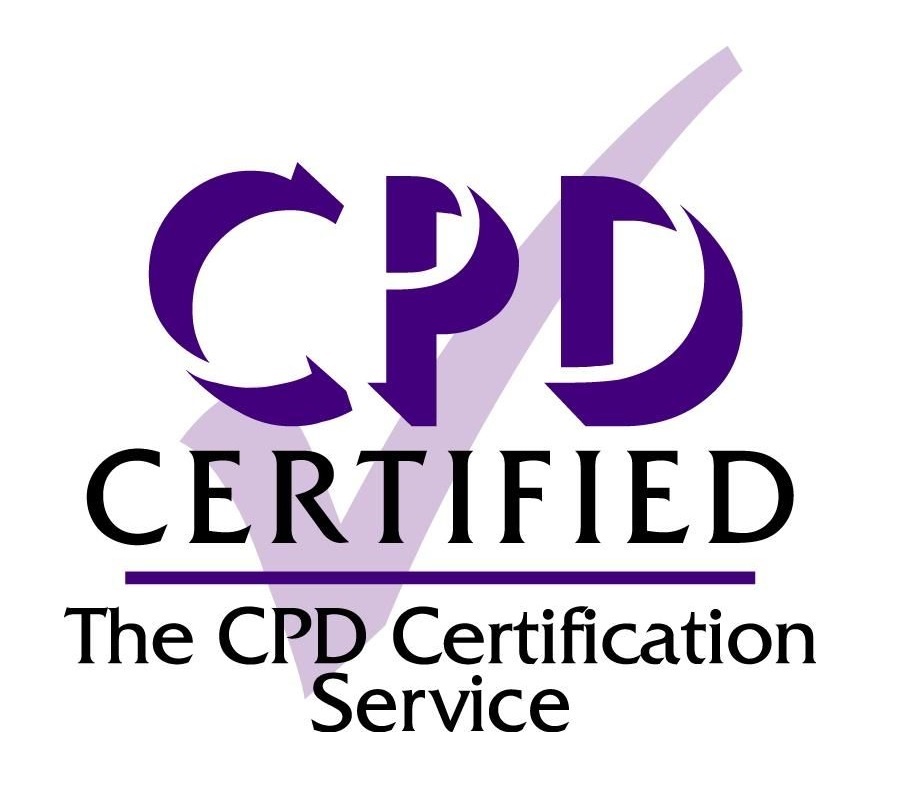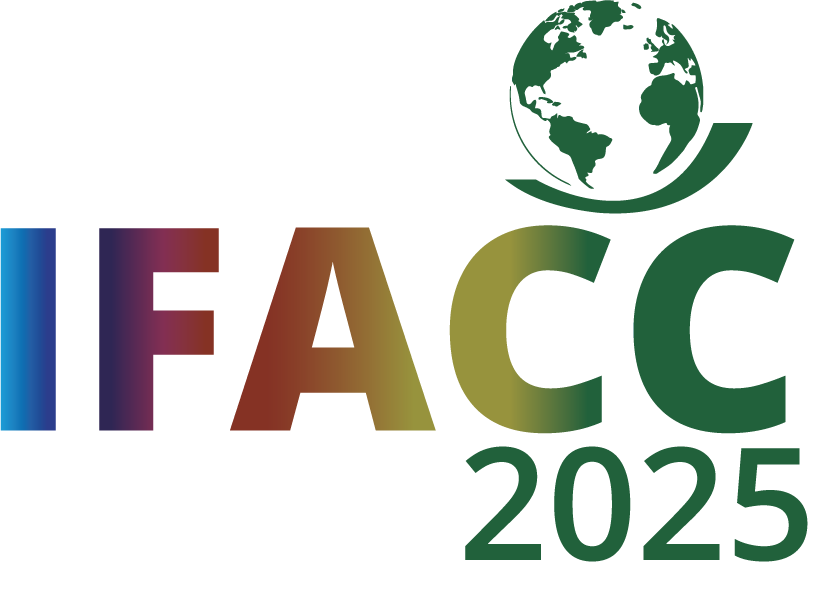Our Conferences
IFACC 2025 News flash
Next International Food Addiction Conference:
When: 4th & 5th September 2025
Where: RCGP, London, England
The International Food Addiction and Comorbidities Conference (IFACC) 2025 will take place at the Royal College of General Practitioners (RCGP), Euston Square, London, England. This event will provide a platform for the latest research and clinical experience in Food Addiction and its comorbidities, including Type 2 diabetes, mental health challenges, cardiovascular disease, and cancers.
IFACC 2025 will be the international stage where clinicians, researchers, academics, and public health professionals share their latest experiences, knowledge, research findings, and hypotheses on combating the world’s growing health problems caused by challenging food environments.
Building on the success of IFACC 2024 in London, which celebrated the first-ever International Consensus on addiction-like symptoms related to foods, IFACC 2025 will provide a comprehensive look at how we can collaborate more effectively across borders to address these critical health issues.
What to expect
4th September: Focused on Food Addiction, featuring cutting edge research and insights
5th September: Dedicated to Comorbidities, examining the broader health impacts and solutions
We are excited to present a stellar line up of international experts who will share the latest science and data that can contribute towards solving this public health crisis that is strongly impacted by our challenging food environment. We will also be focusing on solutions for improving health outcomes for younger generations.
Hear from top experts like Dr. Tro Kalayjian, Dr. Georgia Ede, Dr. Nicola Avena, Dr. David Unwin, Dr. Nasha Winters, and more (see below). Plus, a UNICEF representative will be discussing improving children’s food environments and addressing corporate policies.
CPD accreditation: Earn 13 hours by attending the event.
Early bird tickets now available! Don’t miss out on this opportunity to be part of a ground breaking event. Secure your spot today and join us in London for an exciting next phase of our international Food Addiction work.
Get your ticket now
We look forward to seeing you there.
The IFACC Team
To register for updates, please email conferences@the-chc.org.

